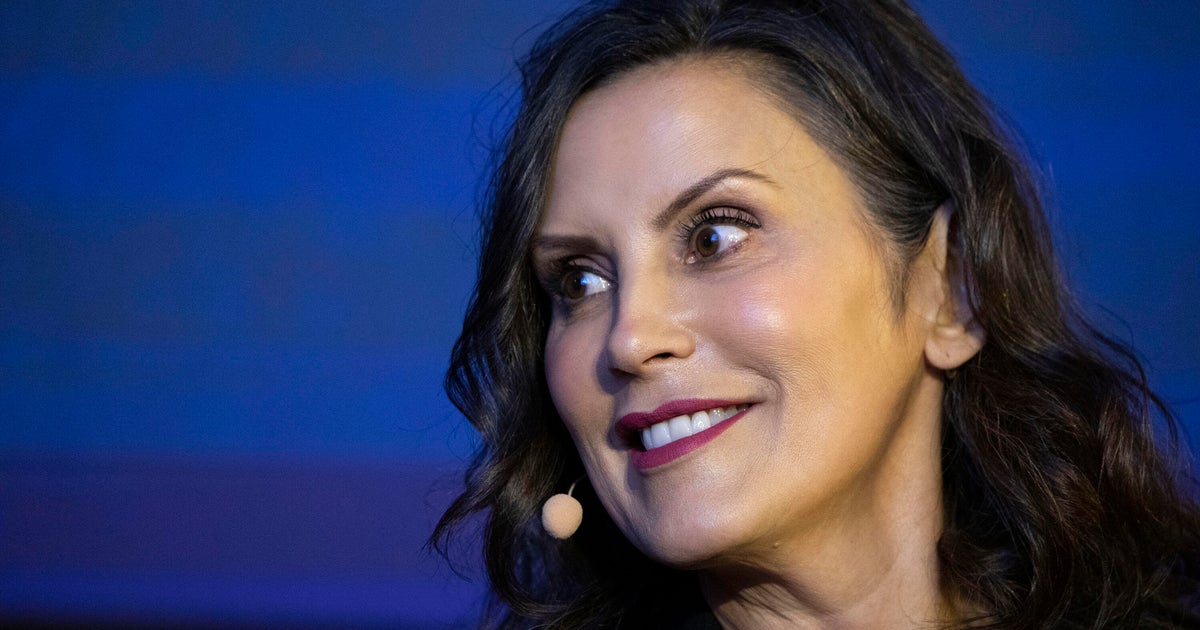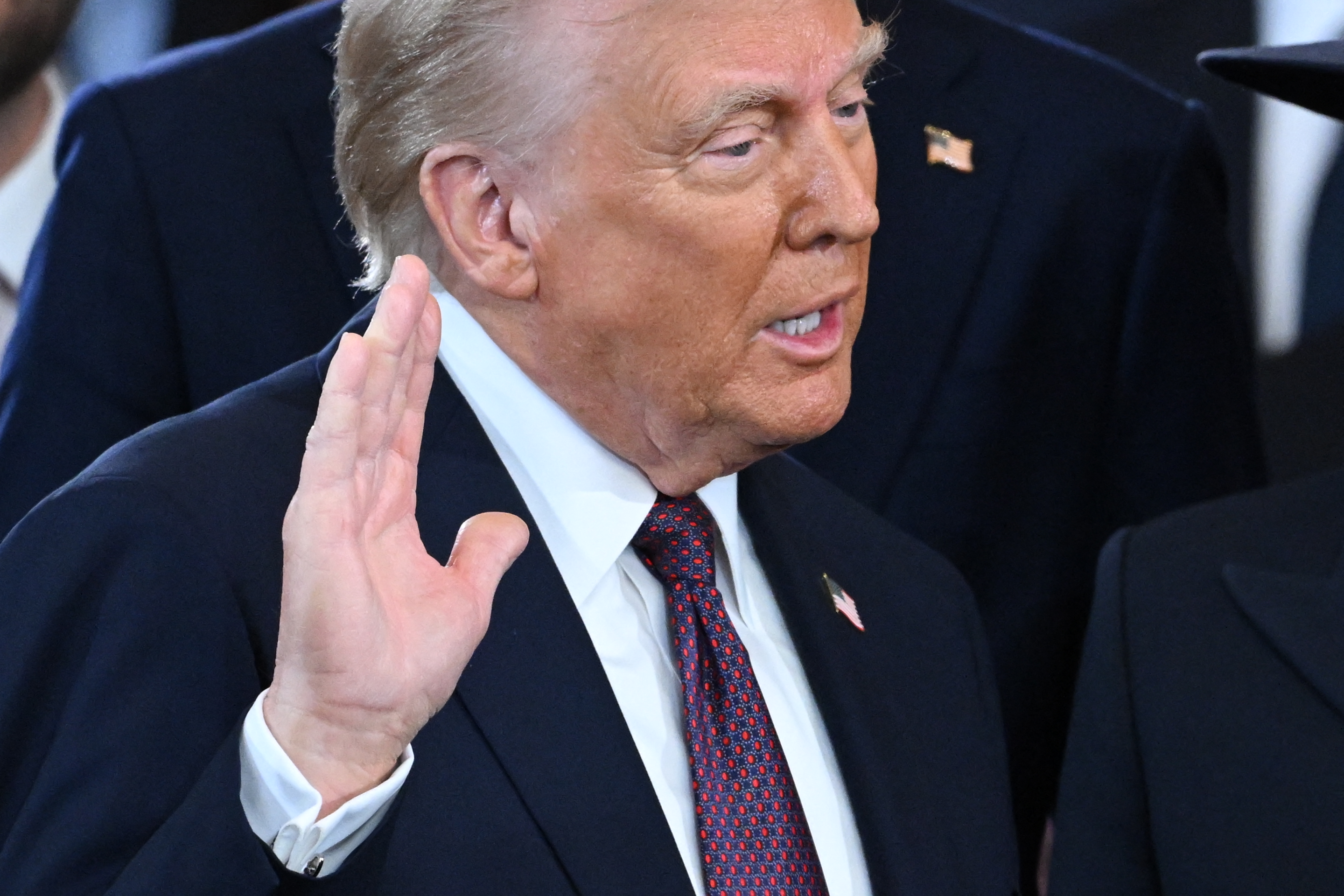Joint session 2017: Why isn't Trump's speech called a "State of the Union" address?
On Tuesday night, President Donald Trump will deliver an address to a joint session of Congress in Washington, the biggest speech he’s given since his inaugural address back on Jan. 20.
But don’t call it a State of the Union address.
In almost every way, the speech Mr. Trump will give is identical to the State of the Union, the annual, wide-ranging speech a sitting president delivers before Congress early in the year. That speech is used to reflect on the progress of the previous year and help set the president’s agenda for the coming year.
Mr. Trump is expected to do much of that in his speech to Congress: he’ll outline his policy priorities and help frame the first year of his presidency, doing so before members of the Cabinet and the full Congress.
But a president’s address during his or her first year in office is never referred to as a State of the Union address -- because after just a few weeks into his term, a new president isn’t expected to know the full state of the union. Instead, the speech is more about looking toward future plans than recapping the progress of the last year.
Still, it’s been tradition in recent administrations for the new president to deliver a speech to a joint session to Congress in the early weeks or months of his term. For example, former President Obama delivered his address to a joint session of Congress on February 24, 2009 -- approximately one month into his first term.
He said that while the country was going through “difficult and uncertain times,” the country “will rebuild, we will recover, and the United States of America will emerge stronger than before.”
The address comes during budget season, and presidents generally present their spending plans in the joint address, and those plans reflect their views of government. George W. Bush, Obama’s predecessor, argued in his joint address for a smaller government and a “reasonable” and “responsible” budget.
“Government has a role, and an important role. Yet, too much Government crowds out initiative and hard work, private charity and the private economy,” Bush said in his Feb. 2001 address. “Our new governing vision says Government should be active but limited, engaged but not overbearing.”
Other recent presidents have delivered joint addresses to Congress on a similar timeline. According to the UCSB Presidency Project, which archives presidential speeches and documents, President Bill Clinton gave his on Feb. 17, 1993; President George H.W. Bush spoke to Congress on Feb. 9, 1989; and President Ronald Reagan delivered his first speech to Congress (on his plans for economic recovery) on Feb. 18, 1981.





